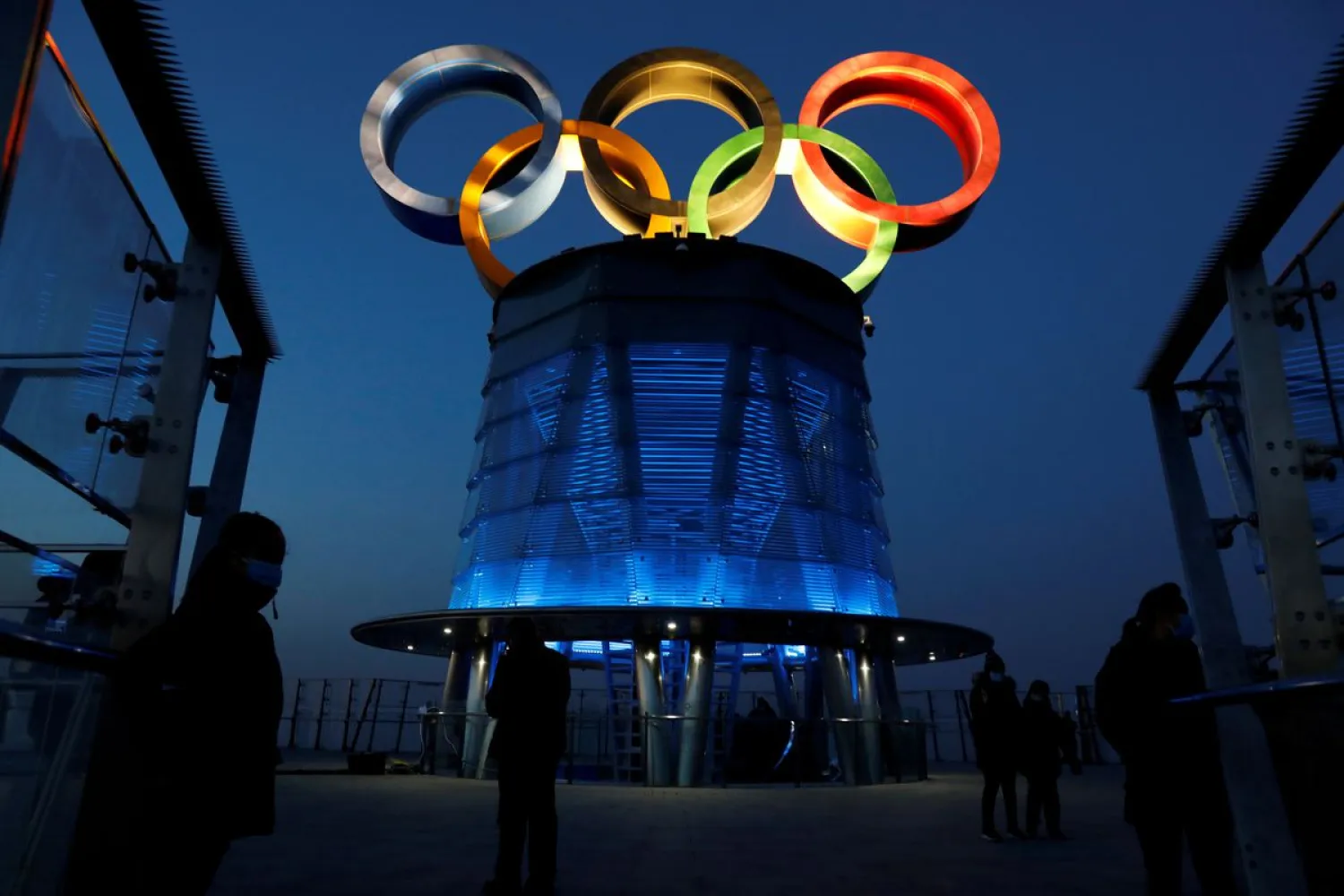New York-based Human Rights Watch on Friday criticized corporations sponsoring the 2022 Beijing Winter Olympics for ignoring what it says are China's crimes against humanity in its far western region of Xinjiang.
The group said in an online news conference that major sponsors of the Feb. 4-20 Winter Olympics should press China's government and the International Olympics Committee (IOC) on the host nation's human rights violations.
"The time for quiet diplomacy is over," said Minky Worden, director of Global Initiatives at Human Rights Watch.
Multinationals including US-based Coca-Cola, Intel, and AirBnB are among 13 "Olympic Partners", the highest level of sponsorship, collectively paying hundreds of millions of dollars.
Rights groups and US lawmakers have called on the IOC to postpone the Games and relocate them unless China ends what the United States deems genocide against ethnic Uyghurs and members of other Muslim minority groups.
UN rights experts have said that at least 1 million Muslims were detained in camps in Xinjiang since 2017.









